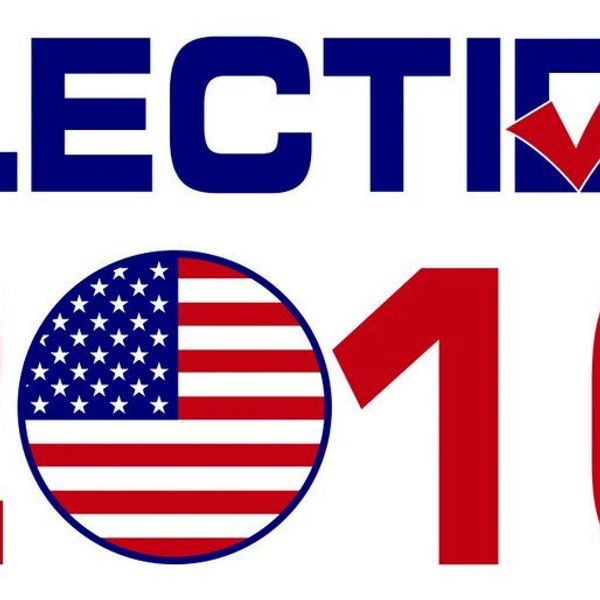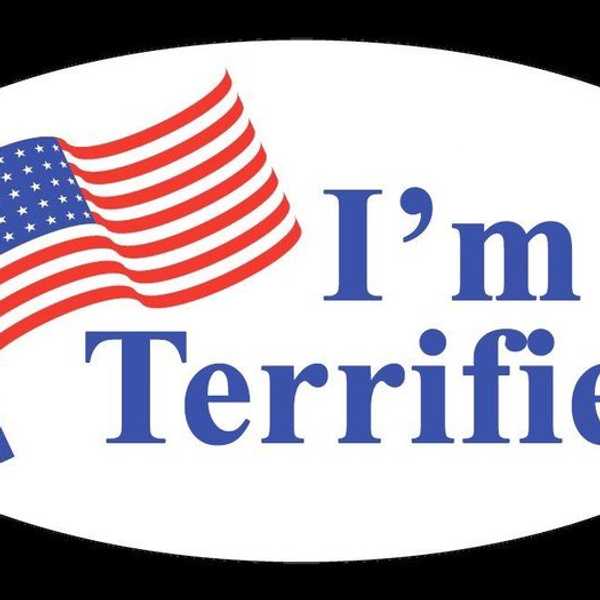No, we are not overreacting. Many have said that the response from protesters and activists on behalf of women, LGBT, Muslim, African American, and immigrant communities is nothing but useless whining over the election results. These people provide constant reassurance that Congress will never let things get that bad or that Trump will actually be a good president. However, for those of us who would be negatively affected by promises made by President-elect Trump on the campaign trail, the possibility of increased discrimination, suppression and violence is all too real.
The year 2016 has seen one of the most bitter and hard-fought campaigns in US history. Both sides of the aisle unleashed a flurry of personal insults and jabs, often inciting violence at political rallies and even Twitter wars between the official accounts of the two candidates. For a while, this all seemed entertaining, but with the future of our country at stake, the general feeling of disgust with politics and government only grew. It really is no wonder why voter turnout was so low. Now that campaign is over. The people of the United States have spoken, and though former Secretary of State Hillary Clinton won the popular vote, the country's electoral system is set to make businessman Donald Trump our next president.
The Trump campaign was born in controversy, with an announcement speech that included the now-famous "Mexicans are rapists" remarks. As the campaign progressed, more brash remarks and crazy proposals were made. Most pundits and pollsters assumed that these would make the American people see that he was unfit for office, but instead they made him president.
As President-elect Trump prepares for his presidency, people now take to the streets to both protest the election results, believing Secretary Clinton was the real winner, and send a message to the incoming Trump Administration that the progress made under the current administration would not be rolled-back. Post-election protests are not a new occurrence in American history. For example, there were protests after the election (and re-election) of President Barack Obama. Even the secession of the southern states and Civil War started as a response to the election of President Abraham Lincoln.
The difference in 2016 is that people are not just taking to the streets and to social media out of anger, but out of fear. Donald Trump has made condescending and offensive remarks towards Mexicans, African Americans, people with disabilities and women. He has also made proposals that would directly threaten the rights of Muslims, the LGBT community, women and immigrants. Mr. Trump is not the first, nor is he the only person to make such remarks or propose such policies, but now he is the president-elect of the United States. What he says carries weight and has a real effect on real people. When we listen to Trump speak, we are not hearing the words of just any man, but those of a man who is about to become the commander in chief of the strongest military the world has ever seen and the head of state of the world's oldest constitutional republic. His words matter.
Many argue that Congress will not let this happen, but the Republican Party fared very well in this election, due in large part to the help from the top of the ticket. Congressional Republicans may feel a responsibility to support the president to keep the party united and to make-good on the promises made during the campaign to get elected in the first place. Some also say that Trump may actually be a good president. If Trump does not fulfill the promises of his campaign, his presidency will be seen as a failure. If he does fulfill his campaign promises, then women, LGBT, Muslim, African American, and immigrant communities do actually have something to worry about.





















